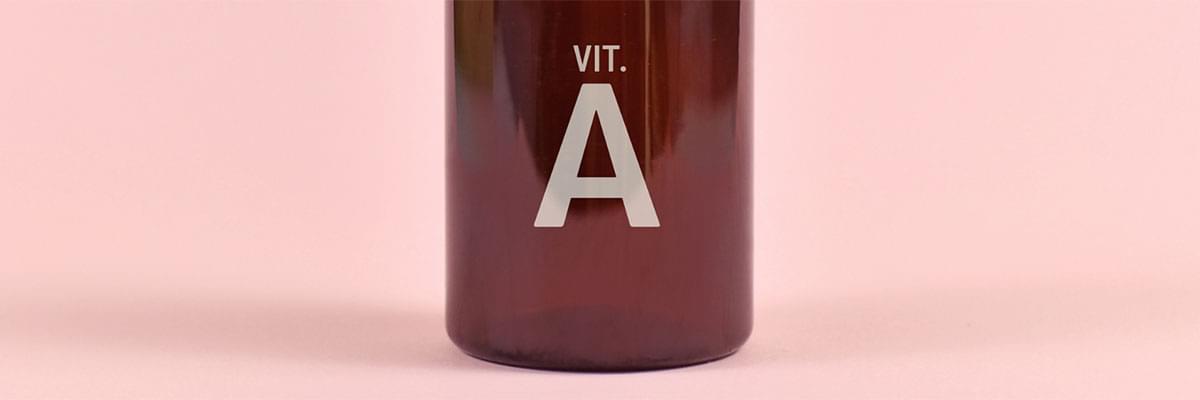
What can we do for you?
Retinol is quite the buzz word in the world of face creams, but is it all a load of hype to get you to buy more stuff you don’t need, or is there really something magical about retinol?Simply put, retinols are without doubt the heroes of skin care, but the secret is to understand how and when to use them and in what strengths. Read on the learn the secrets of retinol with a simple breakdown for you:
Retinoids
Retinoid is the umbrella term for retinol. The difference between them comes down to the strength of the active ingredient. Retinoids are derived from Vitamin A but in order to be effective they need to be converted to active Retinoic acid in the skin once applied. It is after this conversion that the magic begins.
Which strength should you use?
If you are a retinol virgin, it is recommended that you start with the lowest concentration and gradually increase as your skin becomes accustomed to it. In general, you will see strengths such as 0.3%, 0.5% and 1%, but remember that this is the strength of retinol and not the strength of the converted active Retinoic Acid.
Pure retinoic acid is the strongest form of vitamin A (Tretinoin). This form of vitamin A requires no conversion within skin cells and is immediately ready to go to work.
This is a great option for treating acne and signs of ageing but is only available on prescription. Typically, pure retinoic acid is prescribed in strengths of 0.025%, 0.05% or 1%. The correct strength of prescription retinoic acid will be decided by your skin care expert and depends on your particular skin concern.
How do you use it?
Retinols are recommended for use night-time use, and only once a week to begin with. As your skin becomes more tolerant you can gradually increase frequency and strength.
Are there any side effects?
Retinols contain potent ingredients so it will take time for your skin to adapt when you first start using them. It is common for your skin to feel dry and flaky with some redness in the early days. This passes fairly quickly so perseverance is important. Retinol makes your skin more sensitive to photodamage, so it is super important to use a good SPF.
Use in pregnancy
Retinols are not advised to be used during pregnancy due to the vitamin A content. While there is no definitive evidence of how much vitamin A is absorbed into the bloodstream, we would always err on the side of caution when it comes to pregnancy.
What are the benefits of Retinol for your skin?
Retinol is the workhorse for just about any skin issue. Due to its ability to reduce fine lines, treat acne, reduce pigmentation, improve enlarged pores, and increase cell turnover, retinols are regarded as the “gold standard” in skincare.
Commitment and consistency are key to seeing the benefits as it can take many weeks before you see noticeable changes to your skin.
Back to Articles






















